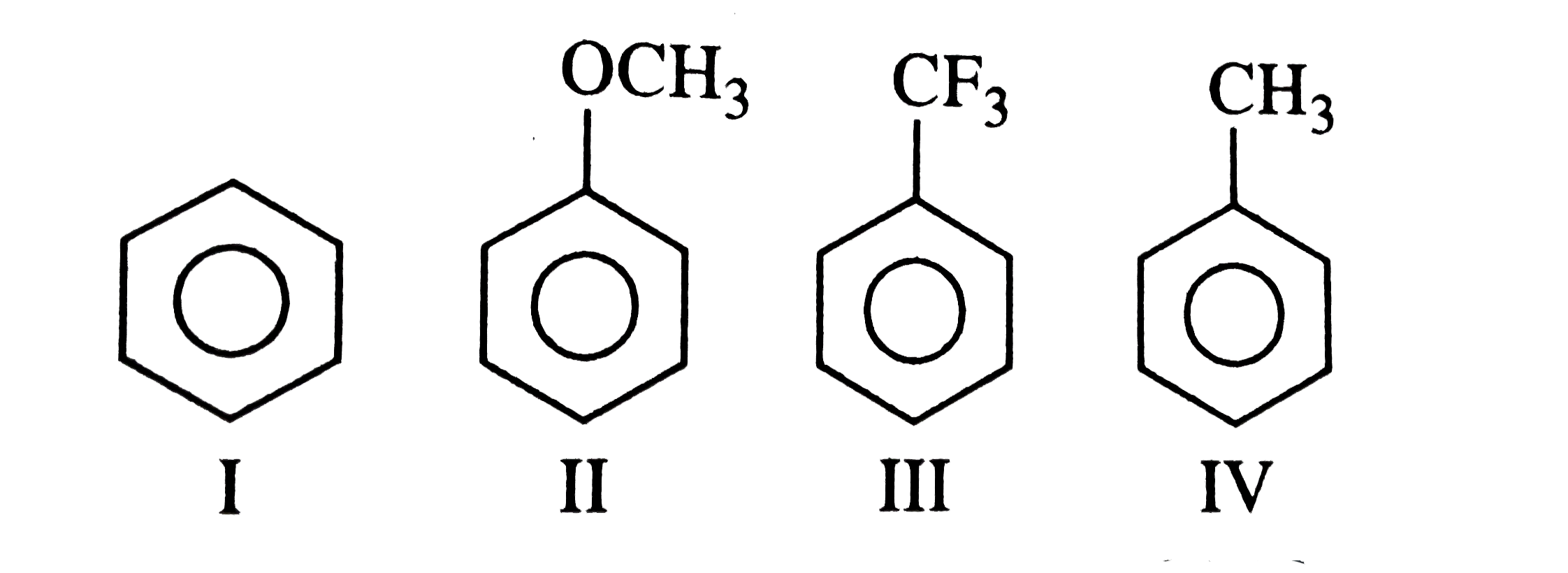Phenol is more reactive than benzene towards electrophilic substitution reaction.
In case of Phenol, the intermediate carbocation is more resonance stabilised.
A
If both assertion and reason are true and the reason is the correct explanantion of the assertion.
B
If both assertion and reason are true but reason is not the correct explanantion of the asseriton.
C
If assertion is true but reason is false.
D
If assertion if false but reason is ture.
Video Solution
Text Solution
The correct Answer is:A
It is correct that phenol is more reactive than benzene.
|
Topper's Solved these Questions
Similar Questions
Knowledge Check
Statement-I: Phenol is more reactive than benzene towards electrophilic substitution reaction.
Because
Statement-II: In the case of phenol, the intermediate carbocation is more reasonance stablized.ABoth assertion and reason are correct and reason is the correct explanation of the assertion.BBoth assertion and reason are correct, but reason is not the correct explanation of the assertionCAssertion is correct , but reason is incorrectDAssertion is incorrect , but reason is correctStatement-I: Phenol is more reactive than benzene towards electrophilic substitution reaction.
Because
Statement-II: In the case of phenol, the intermediate carbocation is more reasonance stablized.AStatement 1 is true, statement 2 is true, statement 2 is a correct explanation for statement 1BStatement 1 is true , statement 2 is true, statement 2 is not a correct explanation for statement 1CStatement 1 is true, statement 2 is falseDStatement 1 is true, statement 2 is trueStatement-I: Phenol is more reactive than benzene towards electrophilic substitution reaction.
Because
Statement-II: In the case of phenol, the intermediate carbocation is more reasonance stablized.AStatement-I is True, Statement-II is True : Statement-II is a correct explanation for Statement-IBStatement-I is True, Statement-II is True : Statement-II is NOT a correct explanation for Statement-ICStatement-I is True, Statement-II is False.DStatement-I is False, Statement-II is True.
More reactive haloarenes in electrophilic substitution reaction is
View SolutionThe most reactive compound towards electrophilic substitution reaction is
View SolutionThe most reactive of the following towards electrophilic substitution reaction is

View SolutionThe most reactive compound towards electrophilic substitution reaction is :-
View SolutionSTATEMENT-1: Phenol is more reactive than benzene towards electrophilic substitution reaction.
and
STATEMENT-2: OH group of phenol is electron donating due to resonance.
View Solution
